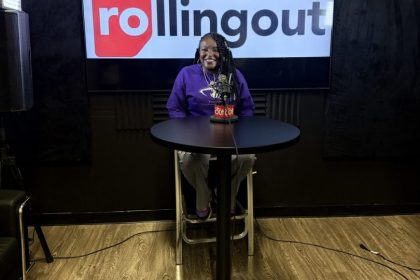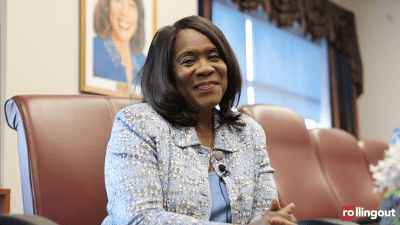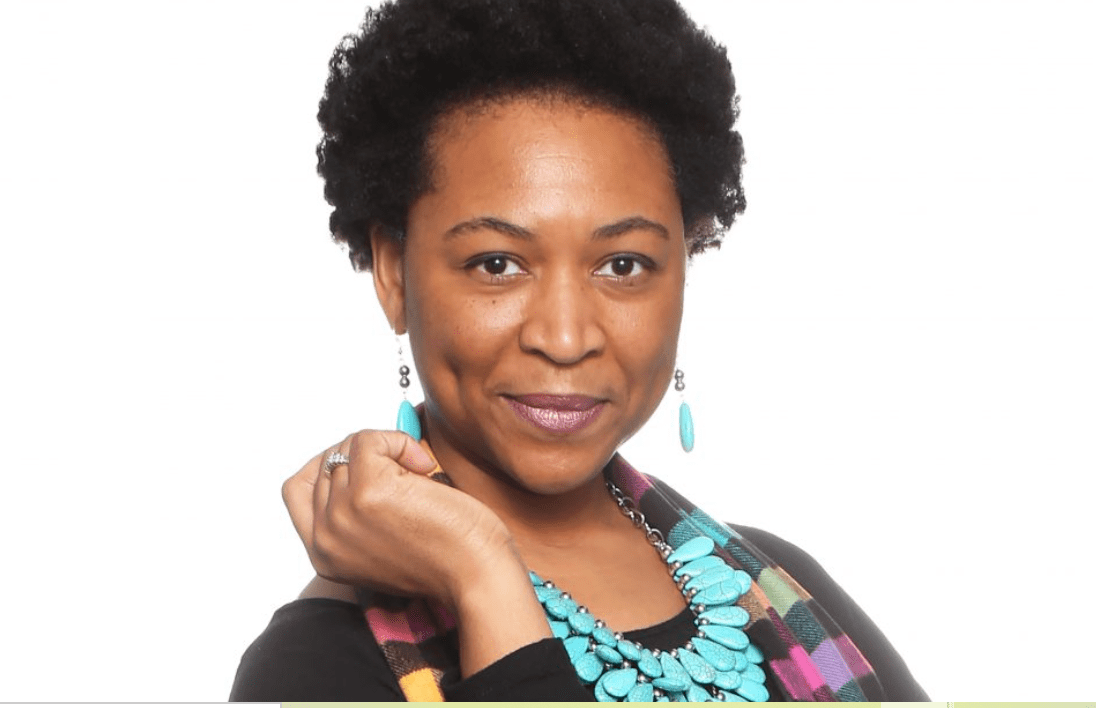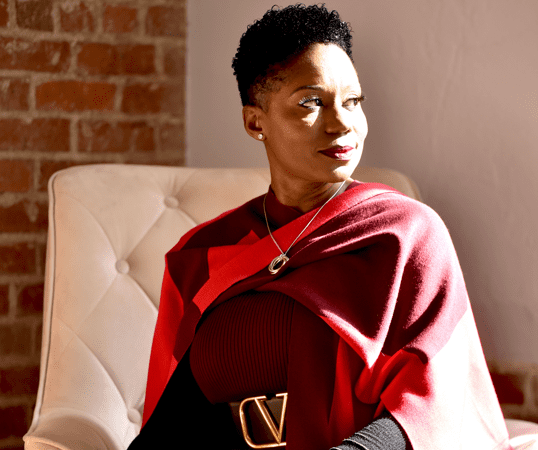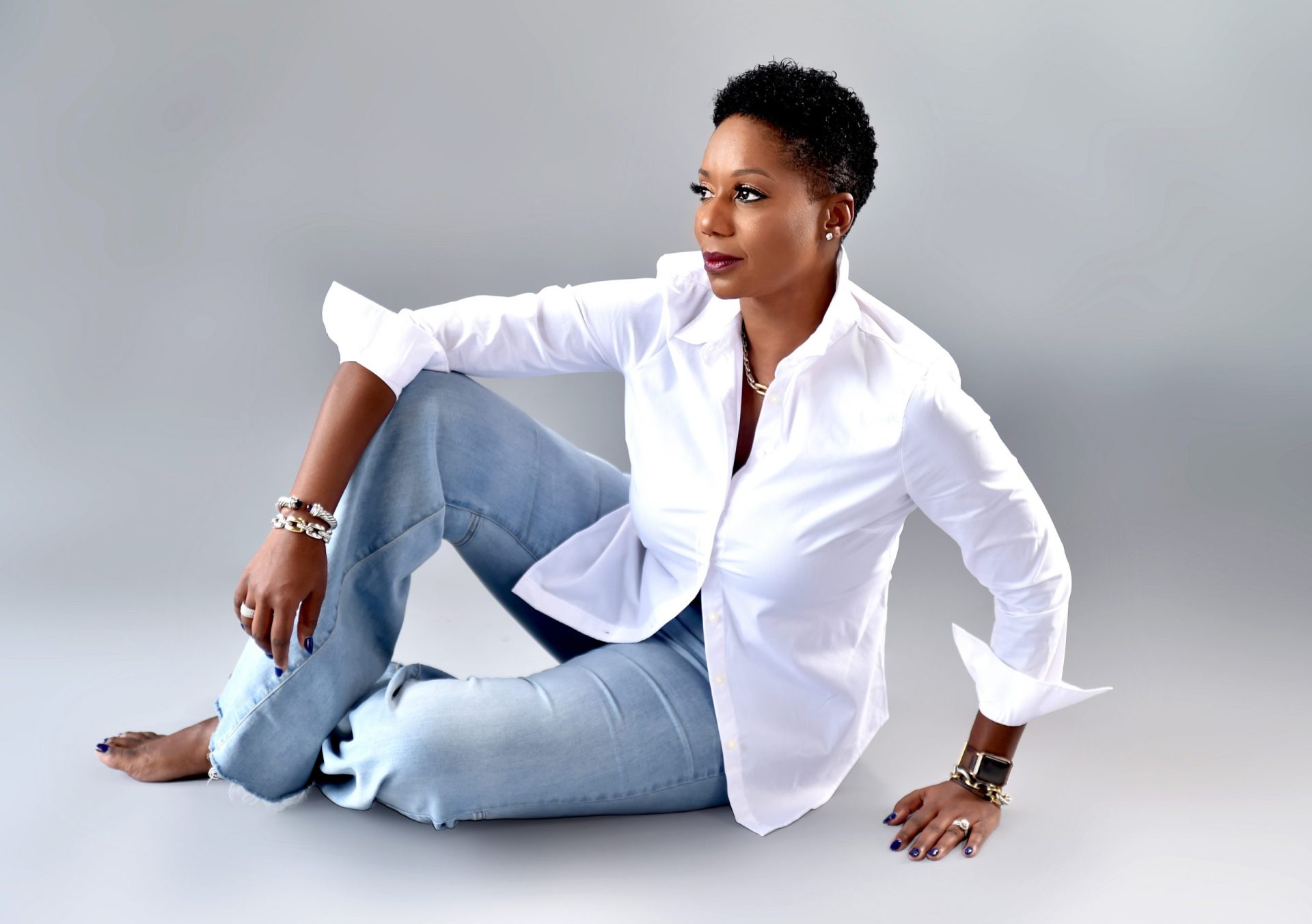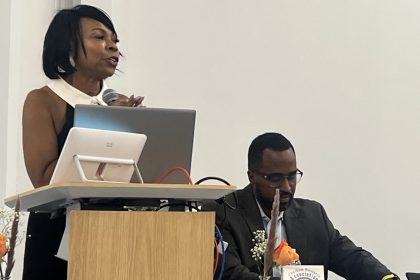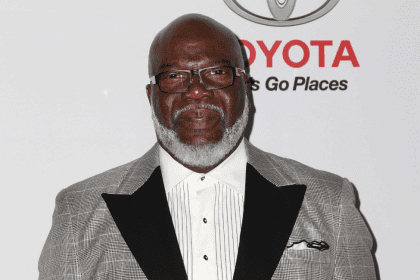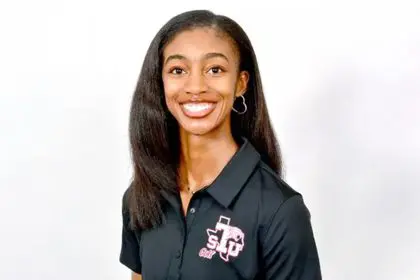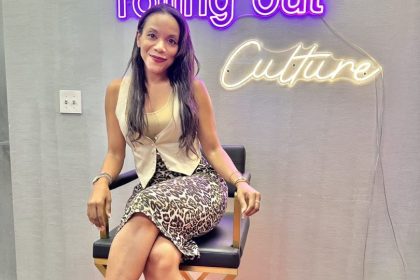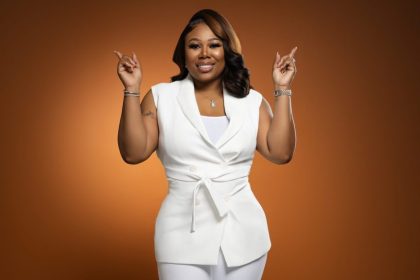As an urban planner, Dr. Berneece Herbert focuses on socio-economic development, strategic planning and management, and public sector investment planning. Dr. Herbert has conducted research in urban health indicators, sustainable economic development and social equity focusing on food access, security, poverty, hunger, climate change, energy and public perception. She is chair of the Department of Urban and Regional Planning at Jackson State University (JSU) in Jackson, Mississippi.
What motivated you to begin your quest as a researcher in the areas of urban planning, sustainability, and economic development?
That takes me way back. I am originally from a tiny Caribbean island. We are still very small and the island is experiencing a lot of environmental issues. In fact, the coastlines are degrading, and just us as humans, using and abusing our our environmental resources has made a great impression on me. So, that’s the beginning of my journey in terms of wanting to understand how we impact our environment. I did a first degree in biology, then I wanted something more people oriented.
So, I went and completed my master’s degree in urban and regional planning, then came back and completed my Ph.D. in using some techniques called remote sensing to understand urban growth and urban patterns. Our communities, especially on those underserved and under resourced communities, need additional attention. There are people who just don’t have a voice, they don’t have the economic voice or the political power, and we as urban planners, that’s our function to help in those types of spaces.
What are you looking to sustain or grow in urban environments?
We’re looking at all aspects from economic development, like jobs, transportation infrastructure, soil, and water education. There’s nothing that you can think about within an urban environment that does not fall under the purview of what I’m planning. Our function really is to look at these areas and evaluate how we can make them better for our communities. For transportation, what was going on with our roads, bridges, and with our water and our sewers? What are some of the long term plans that we can do? Because as an urban planner, we think strategically. We start thinking, where do we need to be in 50 years? What do we need to do to get to where we want to get, but the issue is to make sure that we do it equitably.
In a lot of cases, there are lots of people who get left out in development, for example, economic development. Things like jobs, even in an environment and an energy sphere is the event that we’re going to talk about. There is so much disparity in terms of people of color, and having access to different things. So, we as urban planners, at an HBCU within a college of science, engineering and technology, are here to see if we can connect the dots between what we do as researchers and how we help our local community to engage and attend events like what we’re doing to really connect the dots and let people understand from experts, what’s going on in the field and how they can be a part of the transformation, growth, and the development and the sustainability of our communities. When you look at sustainability, you want our communities to be healthy. You want them to be equitable, resilient, and you also want them to be snapped, in terms of technology.
What is this event you’re referring to and when does it take place?
On June 16, 2022 we are having this function called The Future of Energy. It’s a panel discussion and the concept is to bring together a number of resource individuals who work in this field of energy. We will work with these companies to ask them, number one, what are the opportunities for renewable energies for our low income communities? Solar energy, is one of the newer types of energy, but we don’t believe people of color can’t afford those things. They don’t have access to those things. Or people of color suffer from what we call ‘energy poverty’ or ‘energy burdens’, because they live in these poor housing and poor households. They can’t afford to buy the energy efficient microwave, stove, and refrigerator. They actually spend a larger proportion of their income on energy than a typical person because their homes are so inefficient.
So, what are these companies doing to help our people on resources, in terms of programs and in terms of policies? That’s the big word part of the big picture. The next part of it is how, how can we elevate our participation as GSU within this conversation, within this space? The third leg is about partnerships. I’m a big believer in partnerships. Anything that I do, any research that I conduct, has to has to lead to some tangible output, educating the community, educating our students, building relationships, and building partnerships.

